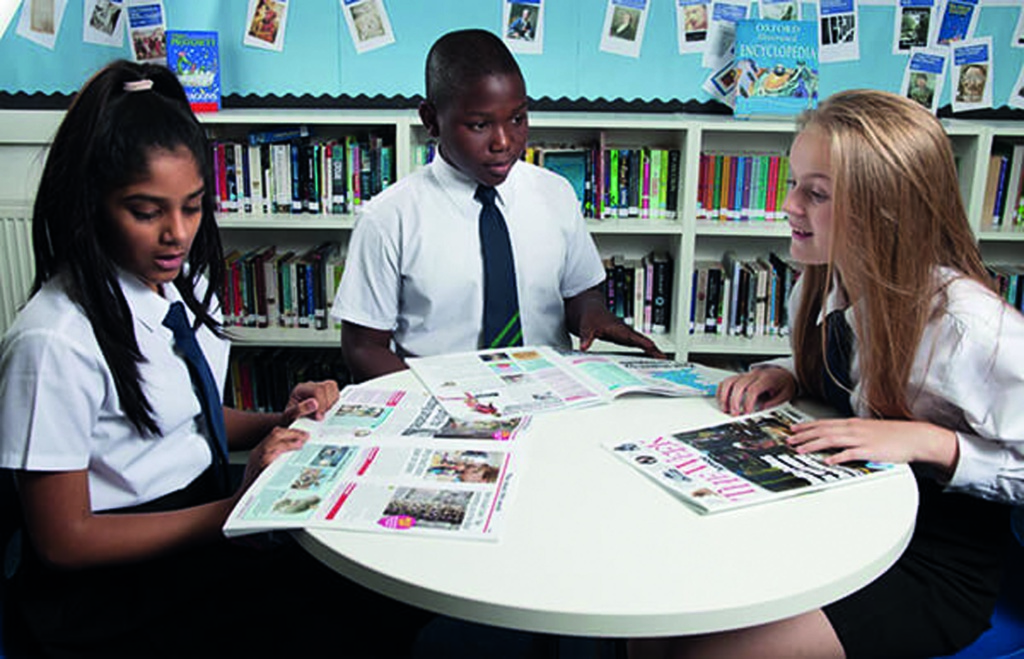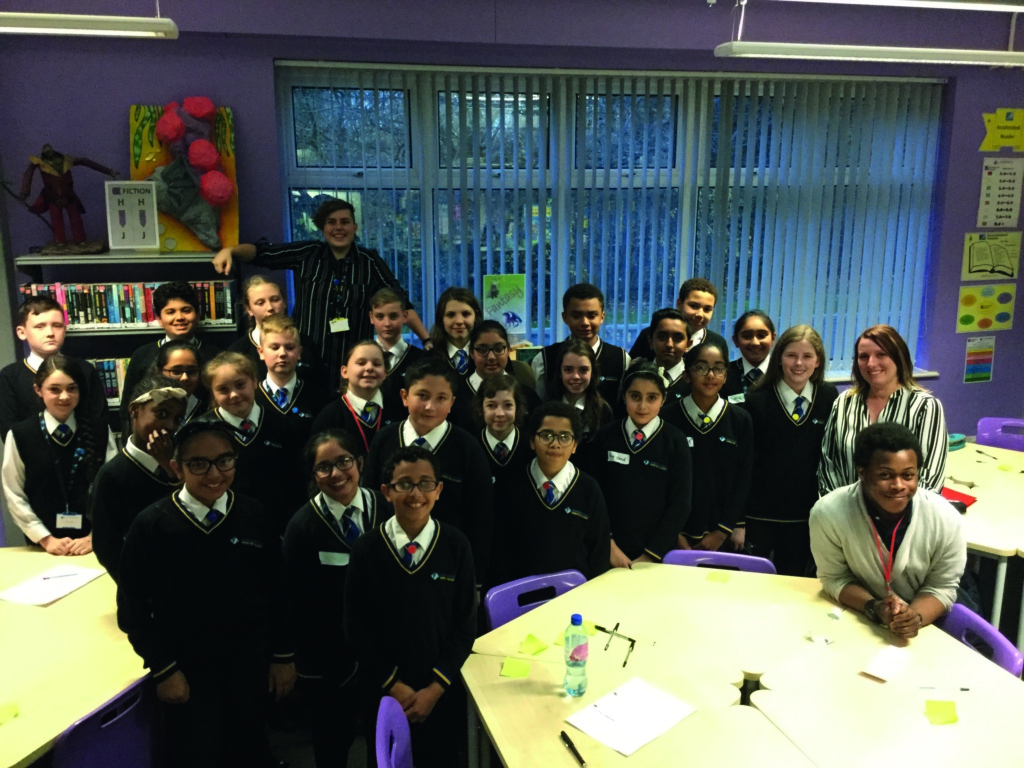
The digital age has brought with it a rapidly changing and often unpredictable media landscape. Heightened accessibility to media sources means that everyone is increasingly aware of the world around them—adults and children alike. As educators, we have a responsibility to ensure that our students are trained to identify reliable news sources, understand a range of perspectives and be receptive to current affairs outside the classroom walls. Teaching current affairs often lies within the remit of Humanities lessons, but there is no reason that it cannot be incorporated into other lessons such as science and maths. The challenge is ensuring that current affairs teaching remains neutral and engaging. While the media landscape can be challenging to navigate, nevertheless, training students on how to effectively dissect the news will help them develop key critical thinking skills which will strengthen their social and cognitive development, and translate into the world outside the classroom.
Teaching current affairs neutrally
The Socratic method of teaching is considered the world’s oldest and most powerful way of fostering effective critical thinking skills. Socrates’ method places emphasis on the power of asking questions to encourage a student to self-evaluate and arrive at an answer independently, rather than simply conveying information in a hierarchical teacher–student manner. The method stimulates key critical thinking skills, such as self-evaluation, risk evaluation, accountability for one’s own reasoning and seeing the bigger picture of a problem or situation. As an English teacher, the importance of the Socratic method resonates with me since pupils often look to me for a ‘right answer’ on texts we are studying. By facilitating discussion through well-focused questioning I am able to steer students away from the concept of ‘right’ and ‘wrong’ answers in literature, instead nudging them to consider a plurality of equally viable interpretations.
The Socratic method gains particular significance for teachers looking to teach current affairs in an appropriate and accessible manner. As I’m sure many teachers will agree, broaching current affairs with a class of young people can be a challenge. Time constraints, on top of the fact that it can be overwhelming to address contentious topics while remaining as neutral as possible, means that the subject area is often overlooked. However, encouraging students to think through their own reasoning on a topic helps teachers to navigate the line of neutrality, and will enable pupils to digest real world issues by considering how it impacts them and those around them.
By stimulating critical thinking skills with the Socratic method, we encourage students to take a sustained interest in current affairs. As educators, part of our job is to nurture this interest by drawing students’ attention to real and relevant news in an age-appropriate and exciting way. Teaching current affairs should be creative and inclusive of many perspectives—indeed, reflecting the world itself.

Bringing variety to the classroom
A resounding lesson that I have learned as a teacher is the significance of a varied and dynamic school day, in terms of both content and format of lessons. In the same way that the Socratic method encourages a student to think through different outcomes independently, lesson formats should facilitate independent exploration, reasoning and discovery.